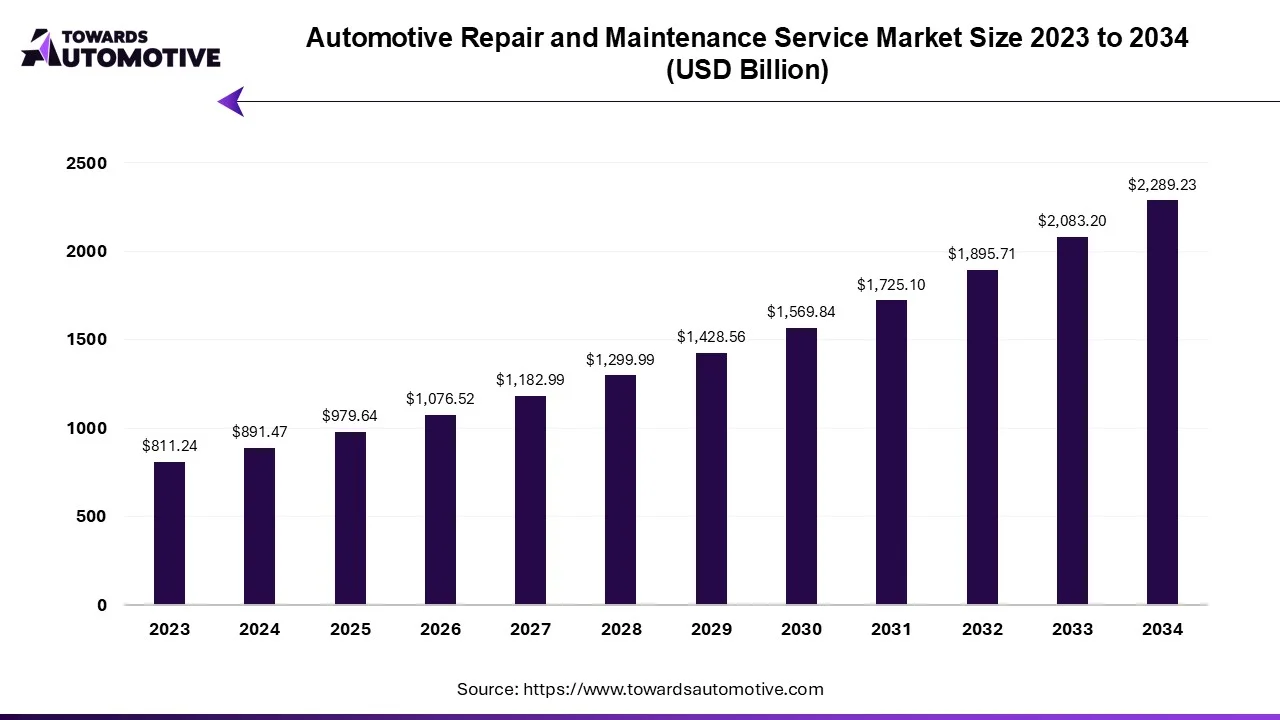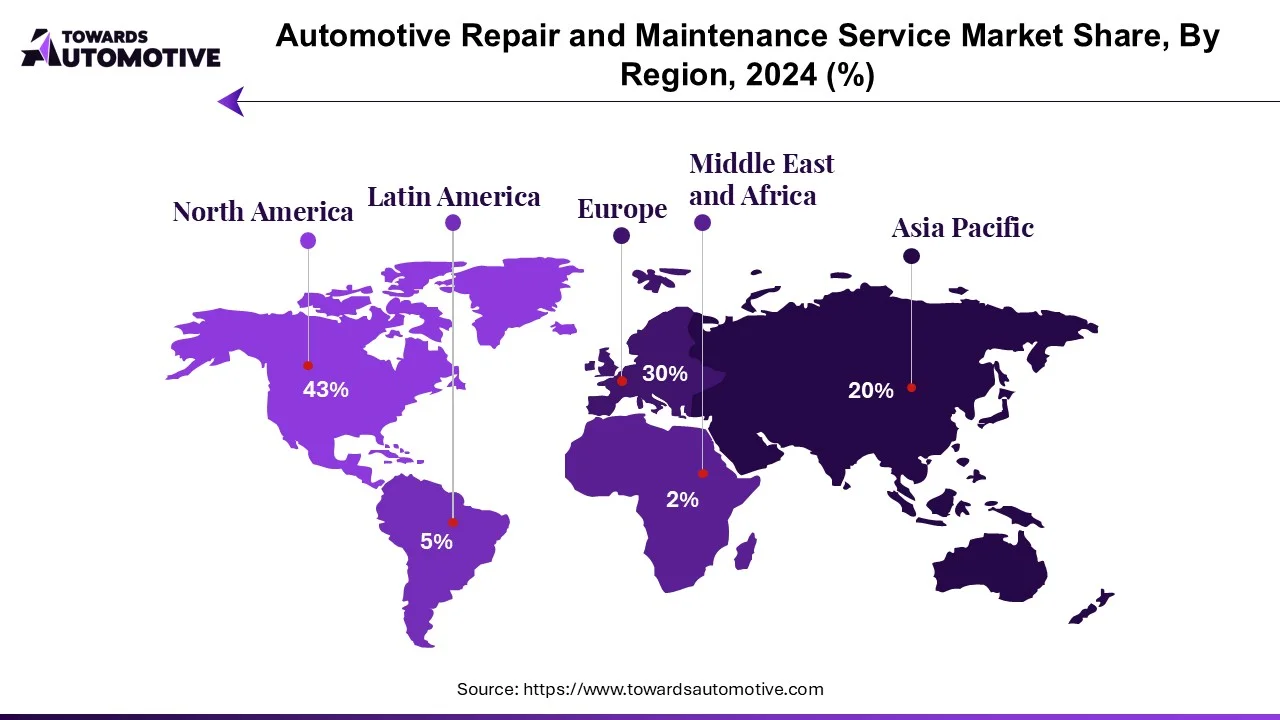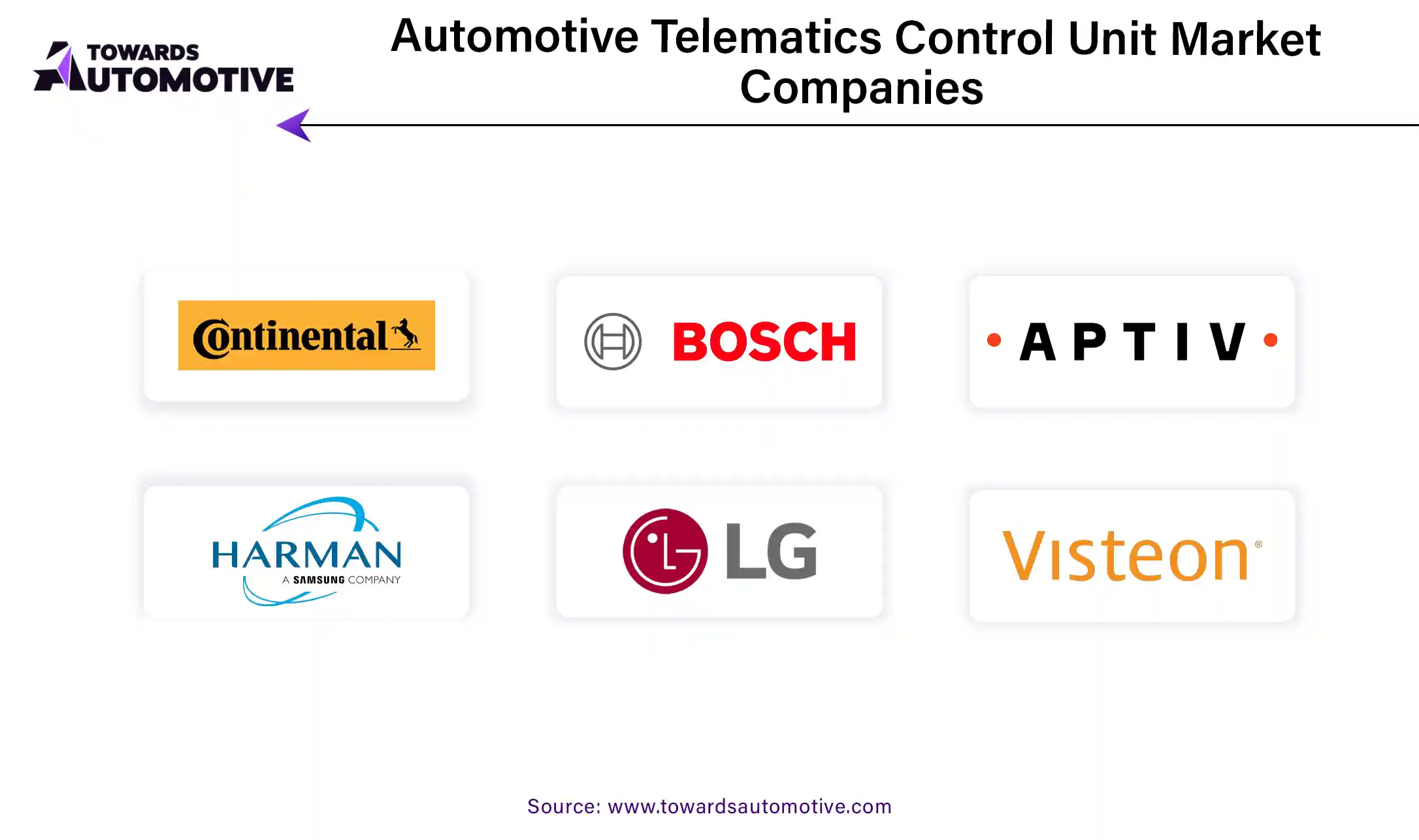Automotive Telematics Control Unit Market Size and Future Scope
The automotive telematics control unit market is projected to reach USD 2,289.23 billion by 2034, growing from USD 979.64 billion in 2025, at a CAGR of 13.94% during the forecast period from 2025 to 2034.

Unlock Infinite Advantages: Subscribe to Annual Membership
Key Components and Functions
Automotive Telematics Control Units (TCUs) serve as the brain behind connected car technologies, enabling vehicle-to-vehicle (V2V), vehicle-to-infrastructure (V2I), and vehicle-to-everything (V2X) communications. TCUs integrate various components and functions, including GPS navigation, wireless connectivity (such as 4G/5G, Wi-Fi, Bluetooth), sensors, processors, and software algorithms, to deliver a wide range of telematics services and functionalities.
Market Dynamics and Trends
- Connected Car Ecosystem: The proliferation of connected car technologies and the Internet of Things (IoT) ecosystem drive the demand for automotive TCUs, as automakers prioritize connectivity, data analytics, and over-the-air (OTA) updates to enhance vehicle performance, safety, and user experience. TCUs enable remote diagnostics, predictive maintenance, real-time monitoring, and telematics-based services such as vehicle tracking, navigation, infotainment, and emergency assistance, catering to evolving consumer preferences and regulatory requirements for smart, connected vehicles.
- Advanced Driver Assistance Systems (ADAS) Integration: Integration of Automotive TCUs with Advanced Driver Assistance Systems (ADAS) enhances vehicle safety, automation, and autonomous driving capabilities, enabling features such as adaptive cruise control, lane-keeping assistance, collision avoidance, and autonomous parking. TCUs process sensor data, communicate with onboard sensors and external infrastructure and execute control commands to assist drivers, mitigate risks, and improve traffic flow, laying the foundation for autonomous vehicle development and mobility-as-a-service (MaaS) solutions.
- Data Security and Privacy: Data security and privacy emerge as critical considerations in the automotive TCU market, as connected vehicles collect, transmit, and store sensitive data about vehicle operation, driver behavior, and location. Stakeholders focus on cybersecurity measures, encryption protocols, secure authentication, and data anonymization to safeguard connected car ecosystems, mitigate cyber threats, and comply with data protection regulations such as GDPR and CCPA, ensuring trust, transparency, and accountability in data handling practices.
Global Trends and Market Outlook
Asia-Pacific emerges as a leading market for automotive TCUs, driven by automotive production growth, urbanization, and digitalization in countries such as China, Japan, South Korea, and India. Rising consumer demand for connected cars, government initiatives for smart mobility, and investments in 5G infrastructure accelerates the adoption of automotive TCUs in Asia-Pacific, positioning the region as a key manufacturing hub and growth market for telematics solutions worldwide.

North America and Europe witness robust growth in the automotive TCU market, fueled by technological advancements, regulatory mandates, and consumer demand for connected services and ADAS features. Automakers collaborate with technology partners, telecom providers, and software developers to deploy integrated telematics platforms, subscription-based services, and mobility solutions that enhance driver convenience, safety, and vehicle performance, driving market expansion and innovation in North America and Europe.
Challenges and Opportunities
- Connectivity Infrastructure: Connectivity infrastructure poses challenges and opportunities in the automotive TCU market, as stakeholders address network coverage, bandwidth limitations, and interoperability issues to ensure seamless connectivity and reliable communication between vehicles, infrastructure, and cloud platforms. Investments in 5G networks, satellite communication, and V2X standards enable high-speed, low-latency connectivity for advanced telematics services, autonomous driving, and smart city applications, fostering innovation and market growth in the automotive TCU ecosystem.
- Data Monetization: Data monetization strategies present opportunities for automakers, OEMs, and service providers in the automotive TCU market, as they explore new revenue streams and business models based on vehicle-generated data, consumer insights, and personalized services. By leveraging data analytics, artificial intelligence (AI), and machine learning algorithms, stakeholders can offer value-added services such as predictive maintenance, usage-based insurance, targeted advertising, and subscription-based features, creating opportunities for monetizing data assets and enhancing customer engagement, loyalty, and revenue generation in the connected car ecosystem.
Recent Developments in the Automotive TCU Market
- January 2024: Continental AG has launched a next-generation automotive TCU platform equipped with advanced connectivity features and AI-driven analytics capabilities. This integrated TCU solution enables real-time data processing, predictive maintenance, and over-the-air (OTA) updates, enhancing vehicle connectivity, safety, and user experience in connected car applications.
- February 2024: Aptiv PLC has announced a strategic partnership with a leading telecom provider to deploy 5G-enabled automotive TCUs for connected vehicle applications. This collaboration aims to leverage high-speed, low-latency connectivity to enable V2X communication, autonomous driving, and cloud-based services, driving innovation and market adoption of 5G telematics solutions worldwide.
- March 2024: Harman International Industries, Inc. (A Samsung Company) has unveiled a new telematics platform designed for electric vehicles (EVs), integrating battery management, energy optimization, and charging infrastructure into a seamless user experience. This EV-focused TCU solution offers real-time monitoring, remote diagnostics, and smart charging capabilities, enhancing EV performance, range, and sustainability in the automotive market.

Key Players in the Automotive TCU Market
The automotive TCU market comprises a diverse ecosystem of TCU manufacturers, semiconductor suppliers, telecom providers, software developers, and automotive OEMs offering a wide range of TCU products and services for connected car applications.
Some of the prominent players in the market include:
- Continental AG
- Robert Bosch GmbH
- Aptiv PLC
- Harman International Industries, Inc. (A Samsung Company)
- LG Electronics Inc.
- Visteon Corporation
- Panasonic Corporation
- Denso Corporation
- Valeo SA
- Telit Communications PLC
Market Segmentation and Regional Outlook
By Product Type
- Embedded TCUs
- Integrated TCUs
- Removable TCUs
By Vehicle Type
- Passenger Cars
- Commercial Vehicles
- Electric Vehicles
By Connectivity
- 4G/5G
- Wi-Fi
- Bluetooth
- Others
By Application
- Fleet Management
- Infotainment & Navigation
- Remote Diagnostics & Maintenance
- Safety & Security
- Telematics Services
By Region
- North America
- United States
- Canada
- Rest of North America
- Europe
- Germany
- United Kingdom
- France
- Italy
- Rest of Europe
- Asia-Pacific
- China
- Japan
- India
- Rest of Asia-Pacific
- Latin America
- Brazil
- Rest of Latin America
- Middle-East and Africa
- South Africa
- Rest of Middle-East and Africa


